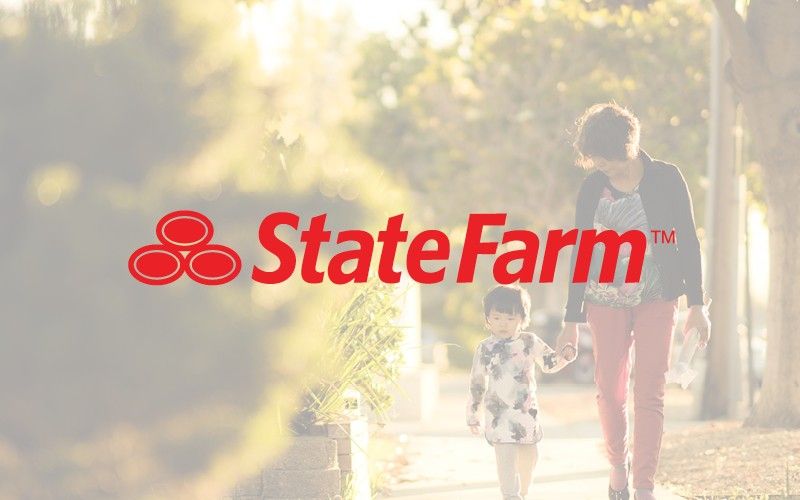State Farm settled a major lawsuit to pay up to $325 million to nearly 53,000 policyholders.

State Farm Life Insurance Co. recently agreed to a monumental settlement in a groundbreaking move that has brought relief to tens of thousands of policyholders. In an ongoing battle over alleged unauthorized rate calculations, nearly 53,000 life insurance policyholders found solace as the insurance giant conceded to their claims.
At the heart of this lawsuit was the allegation that State Farm calculated the cost-of-insurance (COI) rates using unauthorized factors, including profits and expenses. This practice, the plaintiffs claimed, inflated the charges unfairly. This lawsuit, led by David Toms, was initiated in Florida federal court but has far-reaching implications.

The class members, owners of the Form 94030 policy—a universal life insurance policy providing a death benefit and account value—were poised for a fierce legal battle. But justice was closer than they expected. The settlement, part of a separate proposed class action in Missouri federal court (Rogowski et al. v. State Farm Life Insurance Co.), saw State Farm agreeing to pay up to $325 million into a settlement fund^.
This victory is not just about monetary compensation. It signifies a powerful statement against alleged unauthorized practices by insurance companies. It is a reminder that policyholders have rights and can stand up against corporations if they believe they are being unfairly charged.

But let's delve a bit deeper into the details. According to the policy terms, premiums are deposited in the account value after State Farm takes a 5% cut. The account value then earns interest, from which State Farm deducts a monthly COI and $5 monthly expense charges. The plaintiffs claimed that State Farm used factors outside of those allowed—such as the insured's age, sex, applicable rate class, and projected changes in mortality—to determine the COI rates, resulting in inflated charges.
This is not the first time State Farm has faced such allegations. In a previous case back in 2018, a class of about 43,000 policyholders was awarded a total of $34.3 million, with the judgment upheld in 2020. The repeated victories for policyholders signal a shift in the balance of power in the insurance world, where the rights and interests of policyholders are increasingly being recognized and protected.


